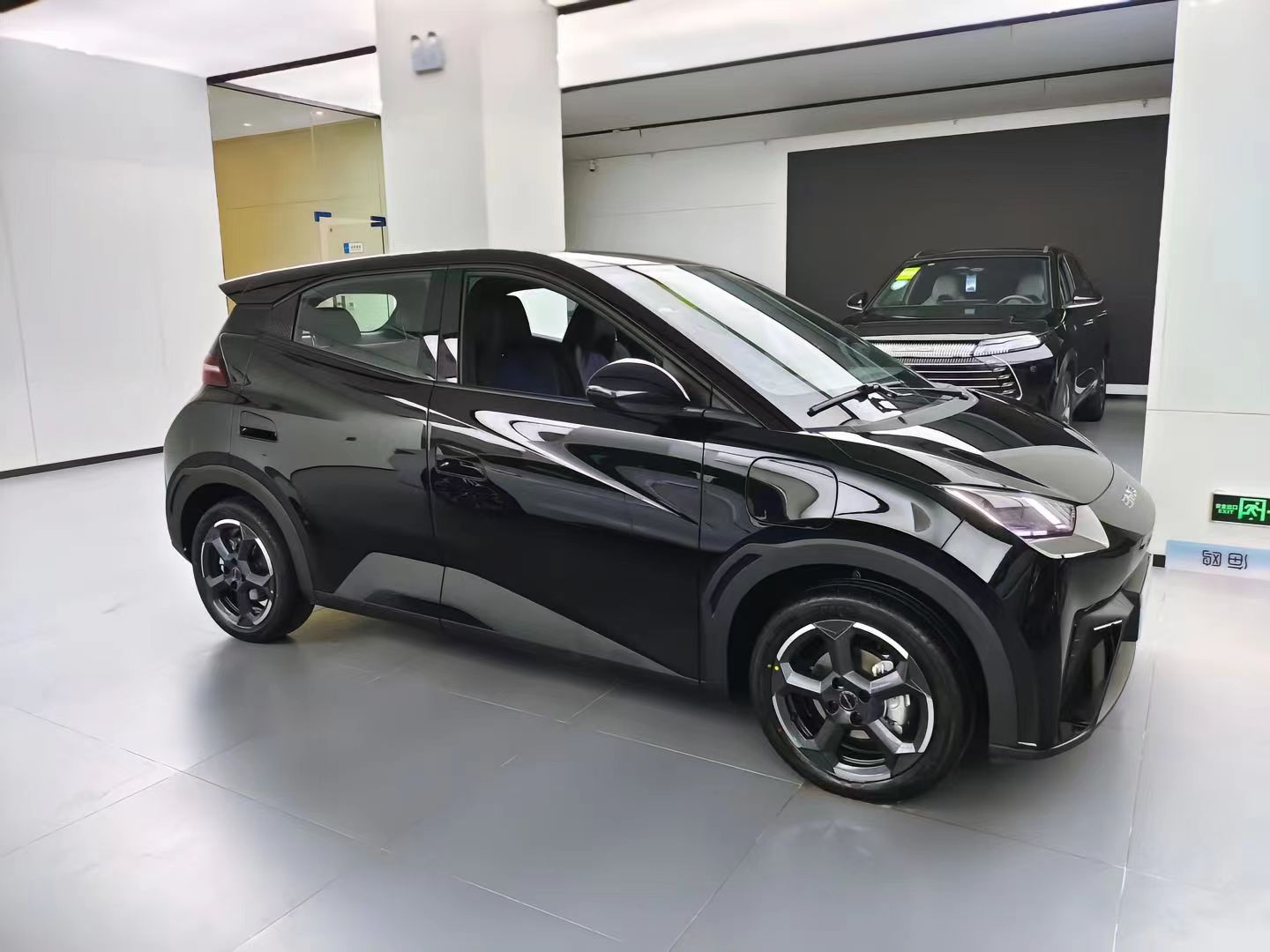The Future of Electric Cars in India: Challenges and Opportunities
The landscape of electric vehicles (EVs) in India is evolving rapidly, and the future looks both challenging and promising. As global automotive trends shift towards sustainability, India is no exception to this transformation. From government initiatives to infrastructural hurdles, understanding the future of electric cars in India requires a comprehensive look at various facets influencing this transition.
Government Incentives and Policies
The Indian government has been proactive in promoting the adoption of electric vehicles. Initiatives such as the Faster Adoption and Manufacturing of Hybrid and Electric Vehicles (FAME) scheme aim to foster a robust EV ecosystem in the country. Generous subsidies, tax benefits, and financial incentives are being offered to both manufacturers and consumers. For instance, under the FAME II scheme, a considerable reduction in the cost of EVs is aimed to make them more affordable for the masses.
In July 2019, Finance Minister Nirmala Sitharaman announced a tax rebate of up to ₹1.5 lakh on loans taken for the purchase of electric vehicles. Additionally, the exemption of customs duty on lithium-ion battery cells is intended to reduce manufacturing costs. Such policies are expected to catalyze the growth of the EV market in India, making it one of the largest in the world.
Infrastructure Development
Despite governmental incentives, the lack of adequate charging infrastructure remains a significant barrier. At present, there are only a few thousand charging stations across the country. The government aims to set up more than 2,600 charging stations across major cities by the end of the next financial year. Urban centers are likely to see the most rapid increase in charging stations, yet rural areas remain largely neglected.
Private firms have also entered the landscape, collaborating with the government to create a more comprehensive network of charging stations. Companies like Tata Power and Indian Oil Corporation are investing heavily in this realm. Enhanced infrastructure will play a pivotal role in mitigating range anxiety, which is a significant concern for potential EV buyers.
Technological Innovations
Technological advancements are at the forefront of India’s electric vehicle revolution. Battery technology, in particular, has seen substantial improvements. Indian companies and startups are increasingly focusing on developing batteries that are not only cost-effective but also more efficient in terms of energy density and lifespan.
Moreover, companies like Tesla have expressed interest in the Indian market, potentially bringing their cutting-edge technology to local consumers. Tesla’s unique battery management systems and autonomous driving technologies could significantly elevate the standard of electric vehicles in India, making them more appealing to technologically savvy consumers.
Environmental Impact
The environmental benefits of electric vehicles are indisputable. Transitioning to electric cars can significantly reduce air pollution in major cities, which are plagued by smog and poor air quality. The Indian government’s push for EVs aligns with its broader environmental goals outlined in various international climate agreements.
However, the environmental impact of manufacturing batteries and disposing of them at the end of their life cycle cannot be ignored. Recycling and waste management systems need to be put in place to handle these challenges efficiently. The lifecycle environmental impact of EVs should be considered to give a balanced view of their benefits and drawbacks.
Consumer Adoption and Market Dynamics
Consumer interest in electric vehicles is growing, albeit slowly. High upfront costs, limited range, and lack of awareness are significant barriers to widespread adoption. However, as technology advances and becomes more affordable, coupled with rising fuel prices, the economic benefits of owning an EV will become more apparent to the average consumer.
Automobile companies, both domestic and international, are increasingly entering the Indian EV market. Brands like Tata Motors and Mahindra Electric have already launched electric models that have received positive reviews for their performance and affordability. International giants are also eyeing the Indian market as a lucrative opportunity.
In conclusion, the future of electric cars in India is a mix of challenges and opportunities. While policy support and technological advancements promise a bright future, infrastructural bottlenecks and consumer skepticism need to be addressed to realize the full potential of electric vehicles. The journey towards a sustainable and electrified transport system in India is underway, and the coming years will be crucial in determining its success.
